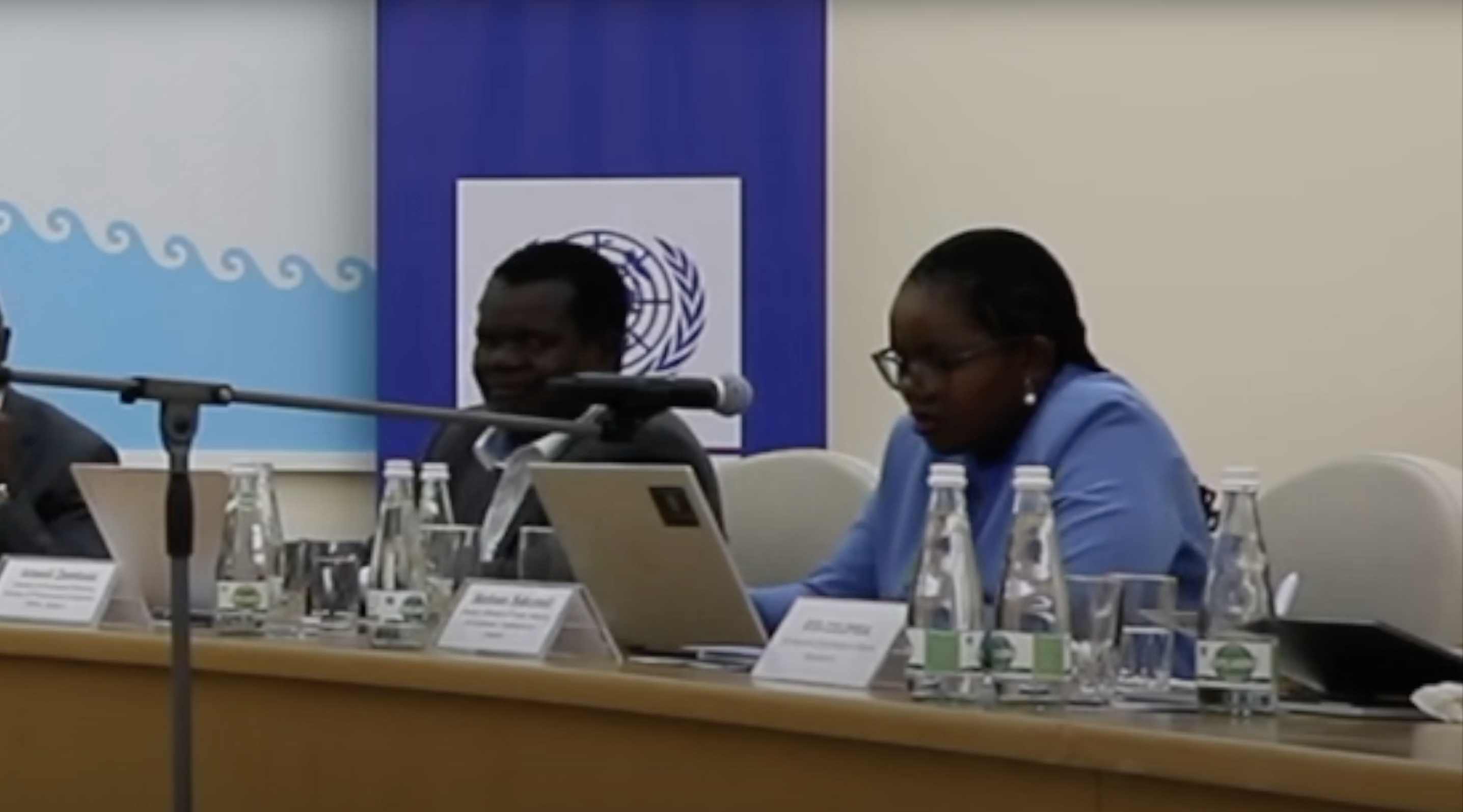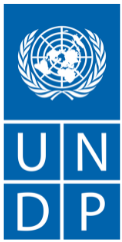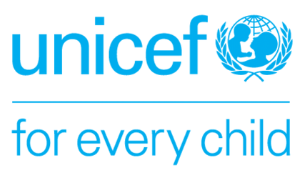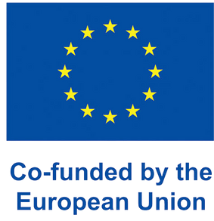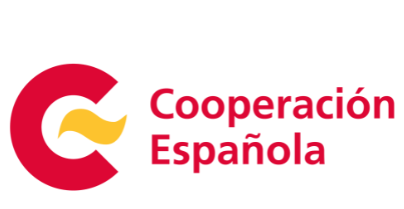At the LLDC3 Side Event on 7 August 2025 in Awaza, Turkmenistan, Ms. Malineo Seboholi, Director at Lesotho’s Ministry of Trade, Industry and Business Development, highlighted how Lesotho is finalizing its Integrated National Financing Framework (INFF) to respond to declining development financing and disruptions in trade.
She explained that the INFF is a vital tool to align national priorities with sustainable financing, anchored in Lesotho’s National Strategic Development Plan focused on sector-led growth and job creation. The Strategy emphasizes three priorities: implementing gender-sensitive financing, enhancing transparency and efficiency of public investments, and creating inclusive platforms for policy dialogue.
Developed through wide consultation with government, private sector, civil society, and academia, the INFF also integrates gender-responsive budgeting and tax policies. Ms. Seboholi concluded by noting that the launch of the INFF is only the beginning, as Lesotho seeks technical and financial support to operationalize the Strategy and ensure financing effectively supports national development while leaving no one behind.
You can see the full script below (edited for clarity):
Thank you very much, Madam Moderator.
I believe this is a good time to discuss the INFF, because we are facing a very sharp decline in development financing, which comes from disruptions to international trade for us in Lesotho, and makes it difficult to reach the level required for the size of our economy and population. The Integrated National Financing Framework is therefore not only important, but a vital tool for aligning our national priorities with a sustainable financing strategy.
As we have already indicated, our National Strategic Development Plan is centered around driving sector-led growth and job creation. At the heart of this approach is our commitment to creating and leveraging a supportive policy environment, strengthening public financial management systems, and fostering platforms for dialogue and evidence-based policymaking that encourage collaboration between the public and private sectors. In recent years, we have signed public-private dialogue memoranda of understanding between the government and representatives of the private sector, and we have held a number of such dialogues to ensure that collaboration is strengthened.
Our INFF is focusing on consolidating the gains we have made and ensuring that we have a more transparent and equitable financing ecosystem. It has three key actions. First, implementing a gender-sensitive financing framework that safeguards fiscal sustainability and stimulates partnerships. Second, enhancing the transparency and efficiency of public investment programs by strengthening public sector capacity. Third, establishing a policy platform for dialogue that brings together government, civil society, parliament, and the private sector so that future investments can be better aligned and make greater impact.
The INFF process is now at its final stage of preparation. We are finalizing the Strategy and plan to launch it before the end of the year. There are also several other important initiatives underway, such as the rollout of the SDG Investor Map and the implementation of the SDG Taxation Framework under the Tax for SDGs initiative. We are also receiving collaboration from the European Union and UNDP to support our aid coordination efforts and strengthen alignment and effectiveness.
I should also emphasize that the development of this Strategy has been widely consulted, with the involvement of the private sector, civil society, academia, and many government ministries. While I am presenting this part of the INFF program, it is led by the Ministry of Finance. These discussions have been valuable in identifying policy options and institutional champions, so that this work does not center in one institution alone, as we are driving sector-led goals.
In short, our INFF Strategy prioritizes gender-responsive budgeting and gender-sensitive tax policies. We have already started undertaking gender audits of our budget in selected pioneer ministries, and we are now using the lessons learned to integrate them into the Strategy. This has offered us an opportunity to align our policies, institutions, and financing with our national priorities, while ensuring that no one is left behind. It has also helped us navigate our costs and strengths, strengthen our role in regional organizations, and explore innovative partnerships.
To conclude, I want to emphasize that this journey is still in progress. The launch of the INFF is only a means to an end—it is not the end itself. It gives us a framework to work with, and we welcome any available technical and financial support for the effective operationalization of this Strategy, including the much-needed support to seize emerging opportunities.
Thank you.




